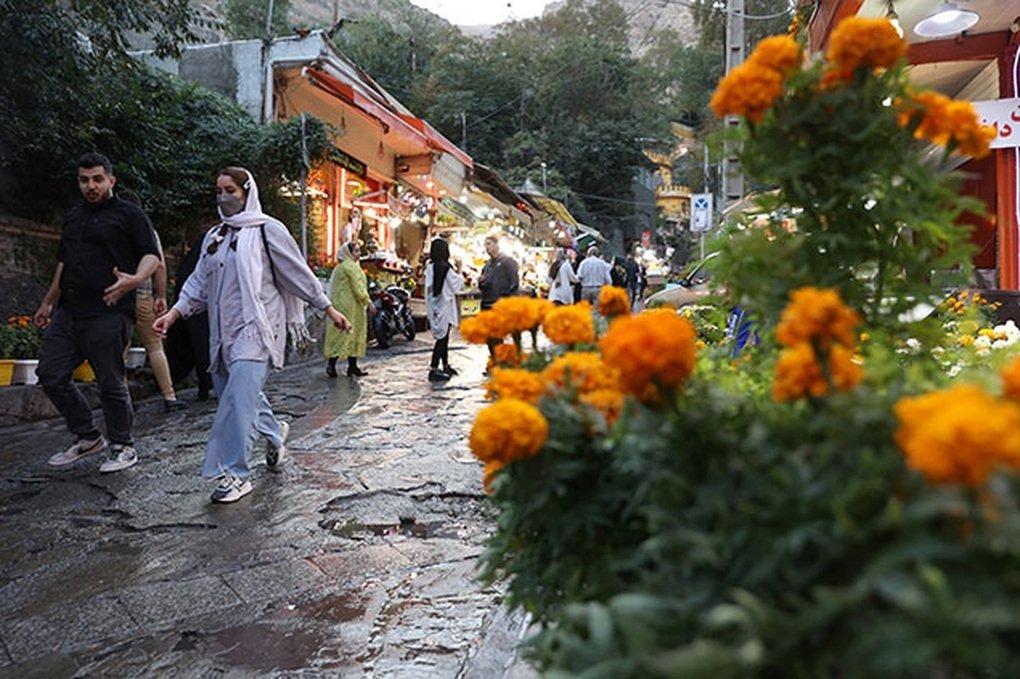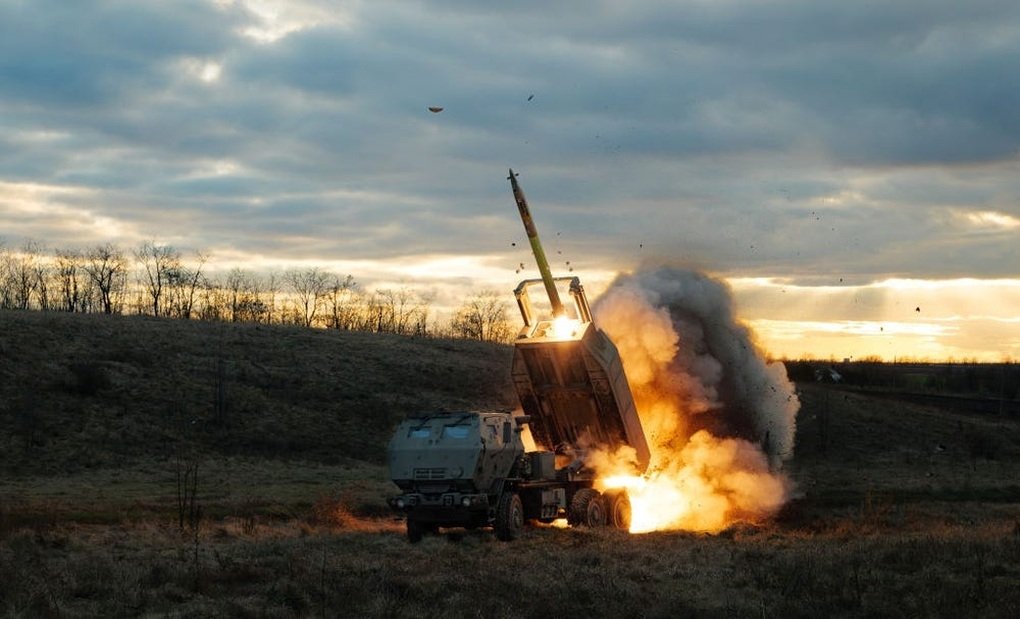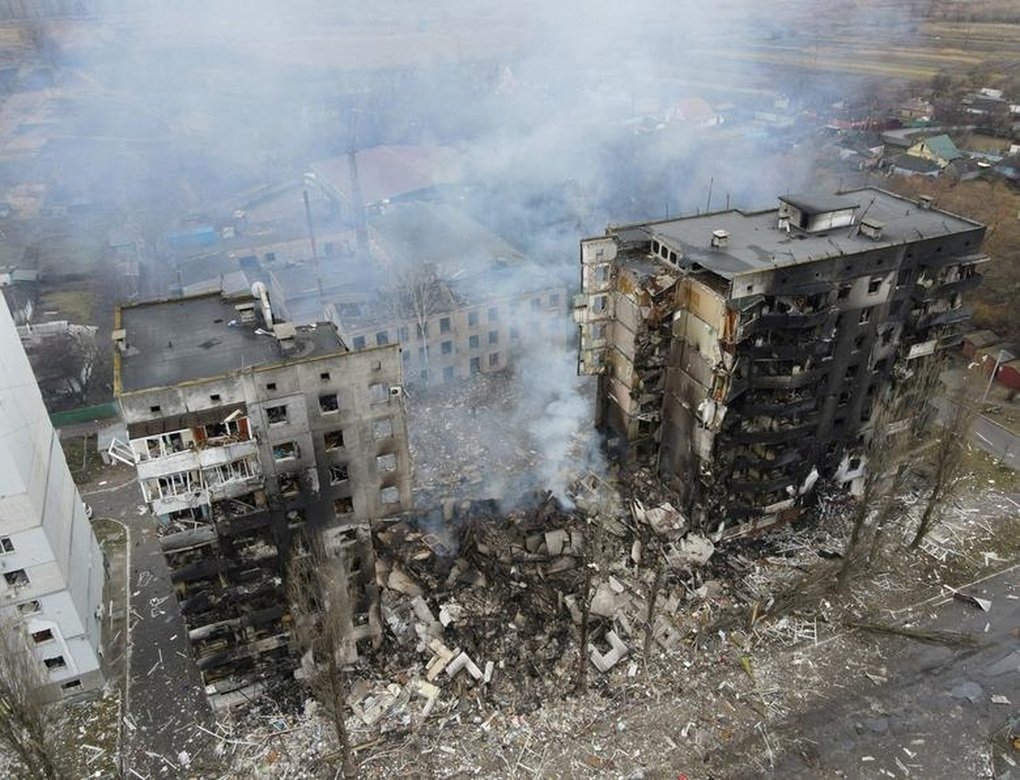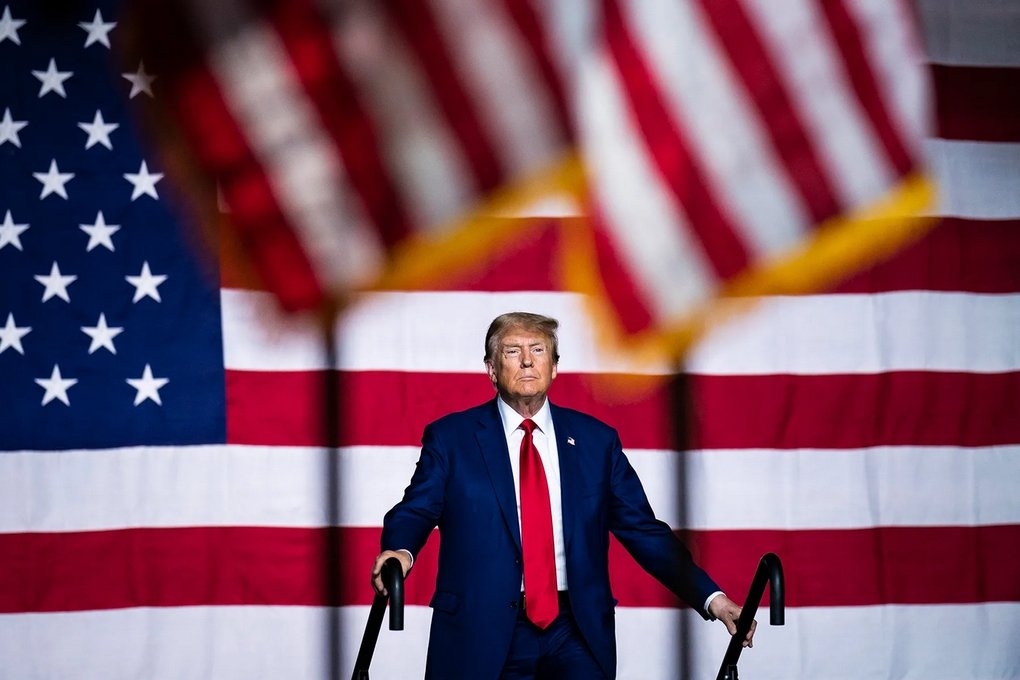(Dan Tri) – Security flaws in a secret CIA communication system have led Iran’s intelligence forces to discover and arrest many of its citizens providing information to the US.
Streets of the capital Tehran, Iran (Illustration photo: Reuters).
Engineer Gholamreza Hosseini arrived at Imam Khomeini Airport in Tehran at the end of 2010, preparing for a flight to Bangkok.
Security staff took Hosseini to an empty VIP lounge and asked him to sit on a bench facing the wall.
Moments later, agents from the Iranian Intelligence Ministry entered the room and the interrogation began, ending in beatings, Hosseini recounted.
`That’s something I’ve never told anyone. While piecing together the story, I even suspected the CIA had sold me out,` Hosseini told Reuters.
Messaging platforms fail and spies fall into the net
The CIA did not betray Hosseini, but he was still a victim of their negligence, according to an investigation into the CIA’s treatment of informants by Reuters news agency.
Security flaws in a secret CIA communications system helped Iranian intelligence forces easily identify and arrest Hosseini.
Serving a prison sentence in Iran for nearly a decade and speaking out for the first time, Hosseini insisted he never received a response from the CIA, even after he was released from detention in 2019.
The CIA declined to comment on the above story.
Hosseini’s case is not the only example of the CIA’s sloppy handling and abandonment of informants.
One spy said the CIA instructed him to hand over information in Türkiye at a location where they knew Iran was watching.
Such actions by the CIA put Iranian individuals in danger, while the prospects of obtaining intelligence information are very low.
James Olson, former director of counterintelligence of the CIA, confirmed that he did not know of these specific cases.
`If we are careless, if we are careless and the enemy infiltrates our organization to extract information, then shame on us. If everyone has to pay the price for sharing information with us
U.S. informants have received prison sentences as part of Iran’s intensive counterintelligence efforts since 2009. Iran’s intelligence community reaped the rewards thanks in part to a series of mistakes by the CIA, according to reports and accounts of
To investigate, Reuters news agency interviewed for dozens of hours six Iranians convicted of espionage by their government between 2009 and 2015.
To verify their story, Reuters interviewed 10 former US intelligence officials with knowledge of Iran’s activities;
Of the six people Reuters interviewed, Hosseini was the only one who said he contacted the CIA through a faulty messaging system.
This messaging platform, active until 2013, hid among news and interest websites where spies could connect with the CIA.
The leaks of spy identities continued to haunt the agency years later.
US intelligence’s top priority for Iran

CIA headquarters in Langley, Virginia (Photo: Reuters).
The CIA considers Iran one of its toughest targets.
Four former US intelligence officers interviewed by Reuters confirmed that the CIA was willing to take greater risks with sources when spying on Iran.
`Infiltrating Iran’s nuclear program is a very serious intelligence objective,` said James Lawler, a former CIA officer specializing in weapons of mass destruction and Iran.
The silent war between Iran and the US has lasted for decades.
Six Iranian informants admitted that the CIA officials who recruited them never promised that the CIA would help them if they were captured.
The espionage cases could pose a challenge to the CIA’s credibility as it seeks to rebuild its spy network in Iran.
CIA spokeswoman Tammy Kupperman Thorp declined to comment on Gholamreza Hosseini, other captured Iranians or any aspect of how the CIA conducted its operations.
`The CIA takes its obligation to protect those who work with us very seriously, and we know they face great personal risk. The notion that the CIA will not work as hard as it could to protect them










